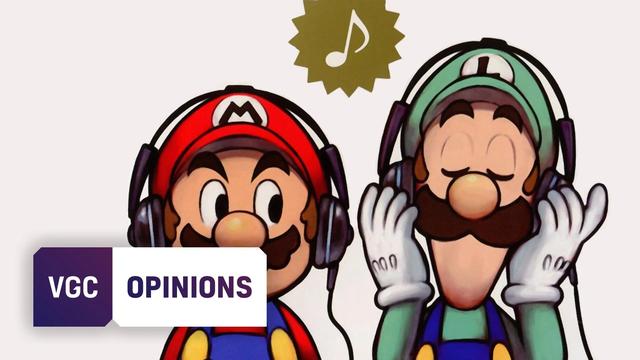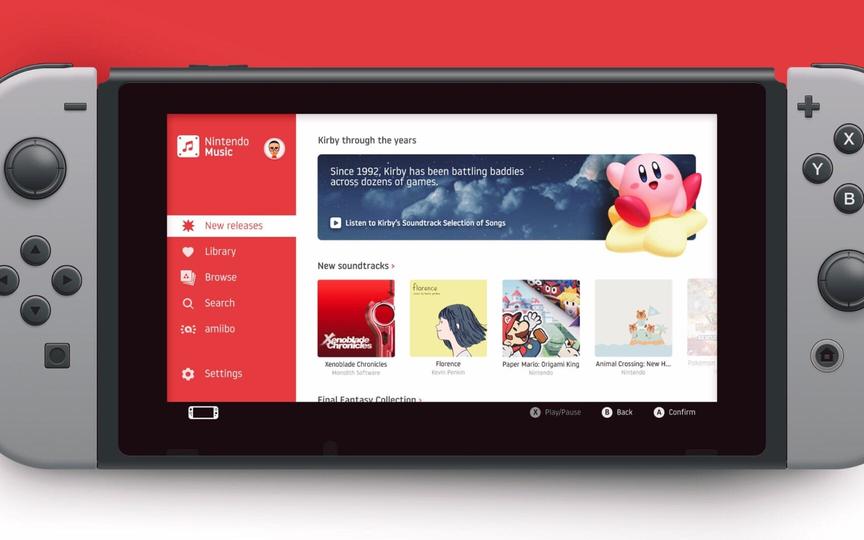
If you’ve ever listened to video game music on YouTube, it’s likely you’re lamenting the loss of GilvaSunner right now, a popular and now-removed YouTube channel that uploaded video game soundtracks, many of which were from Nintendo games.
GilvaSunner decided to remove the 11-year-old channel, which had 473k subscribers and over 1.5 billion views across its videos, after receiving over 3,500 copyright blocks from Nintendo in just over a week, announcing on Twitter ‘It’s not really worth it to keep the channel up any longer.’
Of course, Nintendo has every right to issue copyright blocks against GilvaSunner. The company owns the rights to its music and is free to dictate how it can and can’t be used. But by removing YouTube uploads of Nintendo soundtracks, the company is leaving the millions of fans that want to listen to its music with no viable ways of doing so.
In fact, Nintendo’s fierce protection of its IP is actually having a counter-intuitive effect, as it’s worsening the issues of accessibility and aiding music piracy, rather than preventing it.
The demand for physical versions of Nintendo soundtracks has led to a booming bootleg vinyl scene, where video game music fans regularly pay upwards of £100 for unofficial pressings.
Nintendo does not distribute its music through digital service providers such as Spotify, Apple Music and Amazon Music either. Any music from Nintendo games you can find on these platforms will have been licensed for covers or arrangements, or illegally uploaded in the case of Super Mario 64’s soundtrack, which credits ‘GamingCentral’ as its uploader.
Meanwhile, companies such as Square Enix, Capcom, Bethesda and Ubisoft, to name just a should be applauded for moving with the times and recognising the demand for their music, either by streaming it, downloading it, or purchasing it in physical formats such as CDs and vinyl records.
“The demand for physical versions of Nintendo soundtracks has led to a booming bootleg vinyl scene, where video game music fans regularly pay upwards of £100 for unofficial pressings.”

Essentially, this means if you fancy listening to the intro theme from Final Fantasy VII, there are loads of different versions of the track along with all of the platforms you can listen to it on, and plenty of physical products that contain the music in various genres too.
But if you fancy listening to the Super Mario Sunshine soundtrack? Well, you’ll just need to buy a Nintendo Switch and find a copy of the now-discontinued Super Mario 3D All-Stars. Then you can listen to the soundtrack until your heart’s content.
And hey, as the Nintendo Switch is portable, you can even use the console as a glorified MP3 player, because who wouldn’t want to lug around a £200+ console that can easily scratch and will only fit into a large backpack or carry case as you’re crammed onto a train for your morning commute?
Notice: To display this embed please allow the use of Functional Cookies in Cookie Preferences.
It’s laughable, but it actually seems like this is the way Nintendo expects us to listen to its music. Let’s not forget the company spent over two minutes talking about the 900 tracks in Smash Bros Ultimate and how they could be listened to in this very way in one of the game’s first Directs.
Ironically, it’s not like Nintendo doesn’t understand the value of its music. The 900 tracks in Smash Bros Infinite are testament to this, and the overall quality and talent that goes into creating the music in Nintendo games is nothing short of extraordinary. Try and watch these live Mario Kart 8 performances without smiling.
The company creates some of the best music in the world, but the problem is it’s leaving fans with so few ways of enjoying it.
Many of the Nintendo soundtrack CDs were given away as promo copies through magazines or member schemes such as Club Nintendo or were only available in Japan; the recently released CD boxsets for Breath of the Wild and Animal Crossing: New Horizon have to be imported.
Music rights can be incredibly complicated, but there’s plenty of support available to companies that want to publish their music and don’t have that expertise in-house. I’m by no means a music rights expert, but I wanted to get some clarification as to why Nintendo isn’t getting its music out there.
“I would assume that Nintendo owns their music,” Noah Downs, a video game and music IP expert tells me. “That’s my assumption, in which case it would be very easy to distribute. If they don’t own it, if there are gaps in ownership, or questions around ownership or agreements to not distribute it, that would be the reasoning behind not distributing. If they own all the music, I don’t see why they wouldn’t distribute it, unless they have concerns about distribution partners.”
Of course, there is always the hope that Nintendo’s decision to remove GilvaSunner’s videos could hint that they’re pursuing official soundtrack releases. Either way, the official release of Nintendo music would be an excuse for the company to print money, but it’s important these releases are handled with the care and attention they deserve to ensure the musicians associated with them are fairly credited for their work with proper metadata.